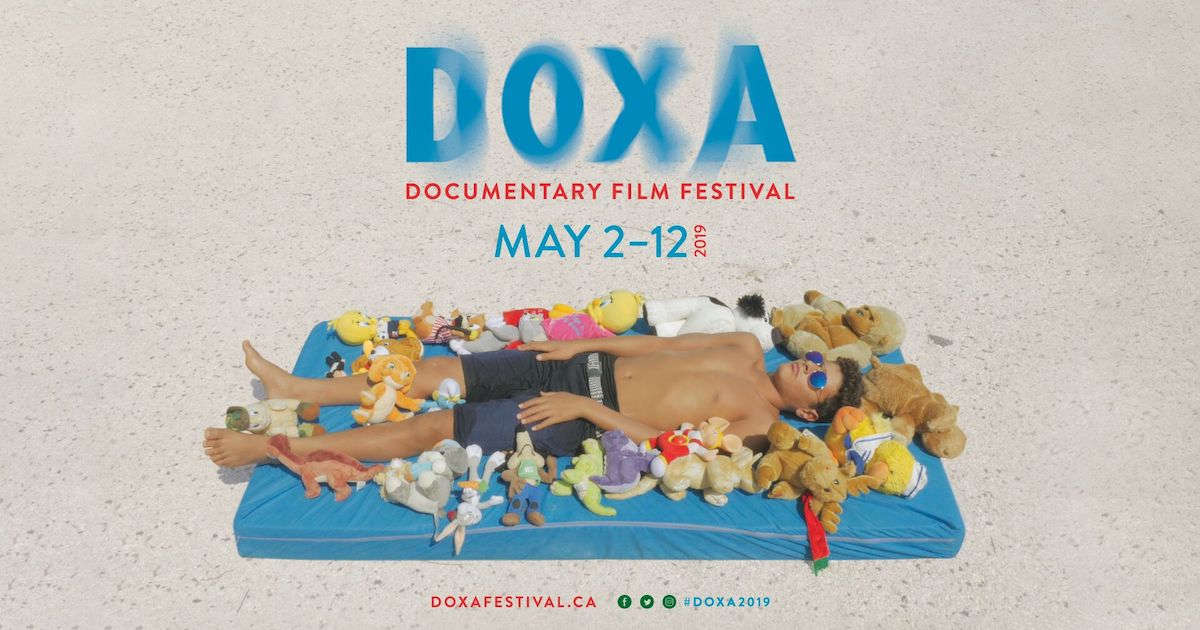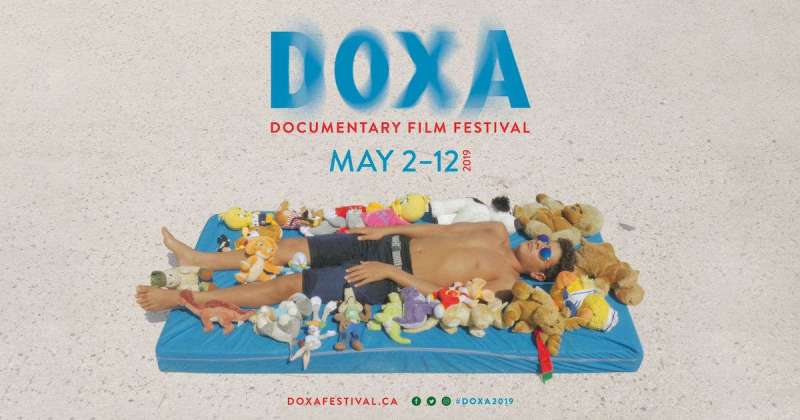Since 1998 DOXA has been providing a carefully curated selection of documentaries from Canada and around the world. In her second year as Director of Programming, Selina Crammond talks to us about changes in the festival, highlights some of this year’s films, and shares her advice for festivalgoers. DOXA runs May 2-12 at various venues around town, with programming at VIFF Vancity Theatre from Saturday 4th. For the full programme schedule go to doxafestival.ca – please note that VIFF membership benefits do not apply to DOXA.
How long have you been with the festival?
You know, I’m not really sure. It’s been a few years in various capacities. This is my second year being the Director of Programming, but before that I have been involved in various roles; programming, outreach, youth groups.
How has the festival changed and evolved since its inception?
Well, it’s certainly grown over the years. It started in 2000. It was a festival every two years for the first couple. So we are going into our 18th year at DOXA. But really it has been around since 1998 so 21 years old as an organization. I believe it went annual in 2004, and it was only five days long at the end of May. Eventually it grew to be eleven days. In terms of programming, it’s been consistent over the years from what I understand. There’s a solid focus on feminist filmmaking practices, and diversity right from the get go. That was important to founding member Kris Anderson. We have upheld those principles, providing a space for those voices we don’t hear always in the mainstream media.
Any advice for first time DOXA attendees?
I would start by picking up a program. We put a lot of love and care into our beautiful program book, so I would pick up a book and read though the descriptions. We were lucky to have several North American and world premieres, it’s a unique opportunity. We have two spotlight programs which act as a sort of thematic grouping. One is called Politics of Place. It is a collection of films that are more observational, pushing formal and artistic boundaries of documentaries. Most of them are beautifully shot and will look great on the big screen. It’s called that because all the films in the program take a careful look at urban and rural communities and the polities and people who exist there. There are films from Slovenia, Turkey, Philippines, Greenland. The other is Communities of Care, which is more character driven, looking closely at intimate examples of companionship and trust… most films in this program are emotional, but in a very genuine, unsensational sort of way. Of course we have our other cornerstone programs, the Justice Forum, which focuses on social justice issues. It’s the 10 year anniversary and there are some great films in this, and each film is followed by either a filmmaker, academic, community organizer. There’s the Rated Y for Youth, which is an all ages program, it’s sort of like Justice Forum for youth. In addition to those special programs we have two curated programs which are put together by invited guest curators. This year we have a focus on contemporary Italian documentary as well as a program dedicated to 1990s South Asian Film and Video.
Is there an intention to program local stories?
Yes, I think it’s important and we have several great local films including our opening night gala, Because We Are Girls by Baljit Sangra, a Vancouver based filmmaker. It’s a story about three sisters who grew up in Williams Lake and were sexually assaulted by a family member. It is an exploration of the family drama that unfolds after the sisters speak up about the abuse. And more importantly it’s about the sisters’ strength and solidarity. It’s extremely brave, and I hope many people come out to see it! I should mention that part of our mission and mandate is also to include international films and to bring the world to Vancouver. For me personally, it’s also really interesting to look at the local films in dialogue with international films.
My favourite documentary from 2018 played at DOXA last year. What is a film or two you think will break out this year?
There was another film called Of Fathers and Sons, it was another one of my favourites and was also nominated for an Oscar. This year, one of my personal favourites is Midnight Traveler by Hassan Fazili. It’s a refugee story about the filmmaker and family who are wife are targeted by the Taliban for their filmmaking work, so they have to leave their home in Afghanistan. Along with their two adorable daughters, they embark on journey through Europe and end up in Serbia with their children. In a lot of these kinds of documentaries about refugee or the migrant experience, it is seen through the lens of an outsider who isn’t experiencing the displacement themselves. But in this film the is a filmmaker is the person going through this experience, so it provides a whole other perspective, a more direct and perhaps honest one. Most of the film is shot with Iphone, so the filmmaker and his family are all documenting the journey. That scruffy Iphone is complimented by soundscapes and a deeper exploration about the art of cinema itself through poetic interludes.
There are obviously very serious and important films to be seen at DOXA. Which film speaks out to you in this program as being a really fun watch?
It’s called Dive: Rituals in Water. It’s an Icelandic film about an Icelandic man who runs an infant swim class. It’s beautifully shot, full of cute babies learning to swim. The idea that they should learn to swim quite younger than is normalized. It is interesting that he is advocating for this while it unfolds into a story about his experience with family and relationships. I’m making it sound heavy, but it is bright and fun and joyful but still an underlying, meaningful message.
Documentaries had a huge year last year at the box office. Why do you think that is?
That’s a good question. It could be because the world can be so overwhelming and confusing. There is so much information to filter through, so it’s nice to sit with a film for a couple hours to think more deeply about a specific issue or place or character in a more meaningful way.

